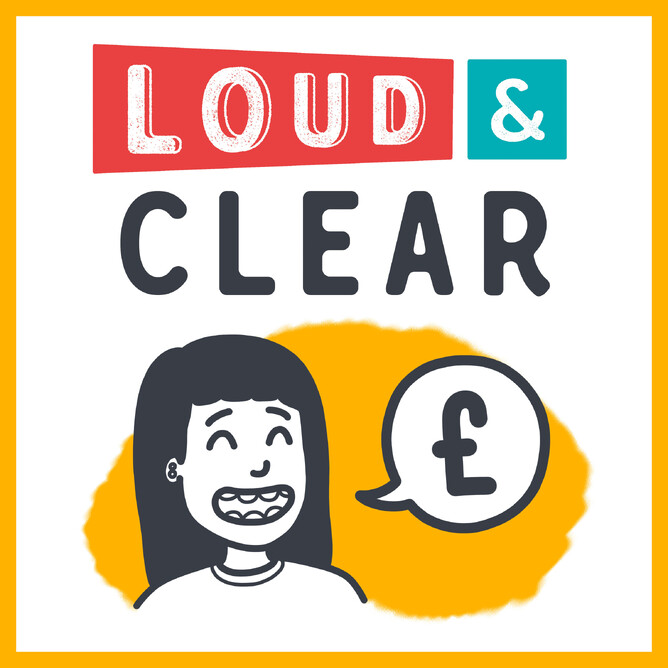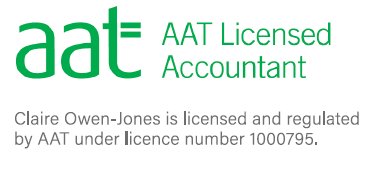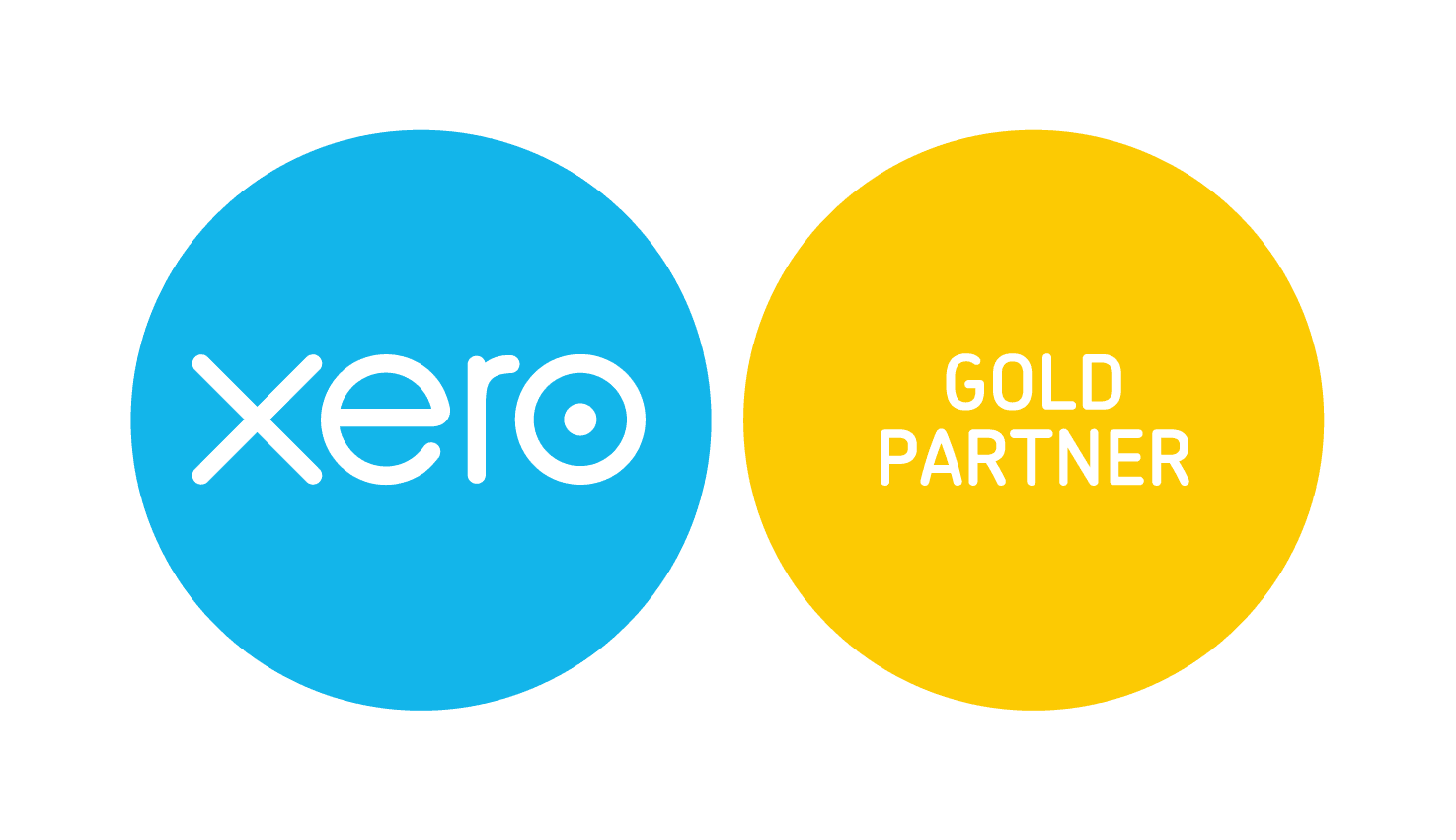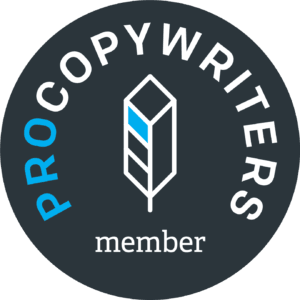Podcast transcription with introduction removed
When is the deadline to tell HMRC that you are self-employed?
So, when do you need to tell HMRC that you are self-employed? Well, HMRC actually give you quite a long time to do this. You could register today, so the date you begin trading, but the deadline is to do so is actually the 5th October after the tax year has finished. Now, if you’re not aware, the tax year runs from the 6th April through to the 5th April, so for example, if you did begin your business today, that’s July ’22, the tax year would end on the 5th April ’23, so the deadline for telling HMRC would be the 5th October ’23, so loads of time to let them know.
You may decide it’s a task you just want to get over and done with, so you want to register now, so how you register is you go on HMRC’s website, so you can just Google HMRC and that will take you straight to it. HMRC don’t have a lovely button that says, register for being self-employed. What you actually need to do is register to complete a self-assessment tax return, and in the process of registering to complete the tax return, they will ask you if you’re self-employed. It’s not quite a direct route that you would initially hope for, but if you go for that register of self-assessment, you will find there how to register for being self-employed.
What is the £1,000 trading allowance?
But as I said, you’ve got until the 5th October after the tax year. Why would you wait that long? Well, this is where the one thousand trading allowance can come into play. This was brought in by HMRC a couple of years ago, and it’s designed to cover those of you who have very, very small self-employments. It could be most of your income comes from employment, but every now and again you sell something through eBay, or every now and again, maybe you make a cake for someone’s birthday and they pay you for it, just sort of tiny little bits every now and again.
If you invoice your customers or your clients up to a thousand pounds, HMRC are basically saying, this will be covered by the trading allowance, you do not need to tell us. So this money is effectively untaxed income in your pocket, it’s for you. Now, as I said, it does need to be the money that you’ve invoiced your clients, so if there’s been a contract almost, up to a thousand pounds. It’s not if you’ve invoiced three thousand pounds, but only one thousand of that has been paid to you. Equally it’s not profit, so it doesn’t matter if you’ve invoiced five thousand, but you’ve spent four thousand during the year, it’s focusing on that turnover figure, not the profit.
Should you wait to tell HMRC that you are self-employed?
That’s one reason why you may want to hold off registering, just to kind of see how self-employment goes, see if you exceed that one thousand pounds in the tax year. It could be more important if you start trading in March, for example, when you’ve only got a couple of weeks left for the tax year.
Why would you want to register even if your turnover for your sales come under one thousand pounds? Well, this could be if you’ve made a loss, so if you’ve spent out more than that one thousand pounds, so that could be, you’ve invested in some branding, a new website. Maybe you’ve had to purchase some equipment before you get started. If your other source of income is employment income and you’ve paid tax on that, if you’ve made a loss on your self-employment, you are allowed to offset that loss against your employment income, so kind of reducing your employment income for that tax year. This could mean that you’re then due a tax refund.
I would much rather the tax money is sat in your account than HMRC’s, especially if it’s an over-payment, so that’s the things that I would sort of look at in terms of how you register, to keep the dates in mind. Any day from the first day you begin trading through to the 5th October after the tax year is finished, but maybe if you think your business is going to be small, hold off to see if your sales come in under a thousand pounds. But even if you think they’ll come into that one thousand pounds, start keeping an Excel spreadsheet or a tab on how much you’re spending. Your sales could be 700, but if you’ve spent a thousand pounds, utilise that 300 pounds and offset it against your employment income, because if you use that trading allowance, you’re effectively cancelling out all your income, and you will lose that loss.







